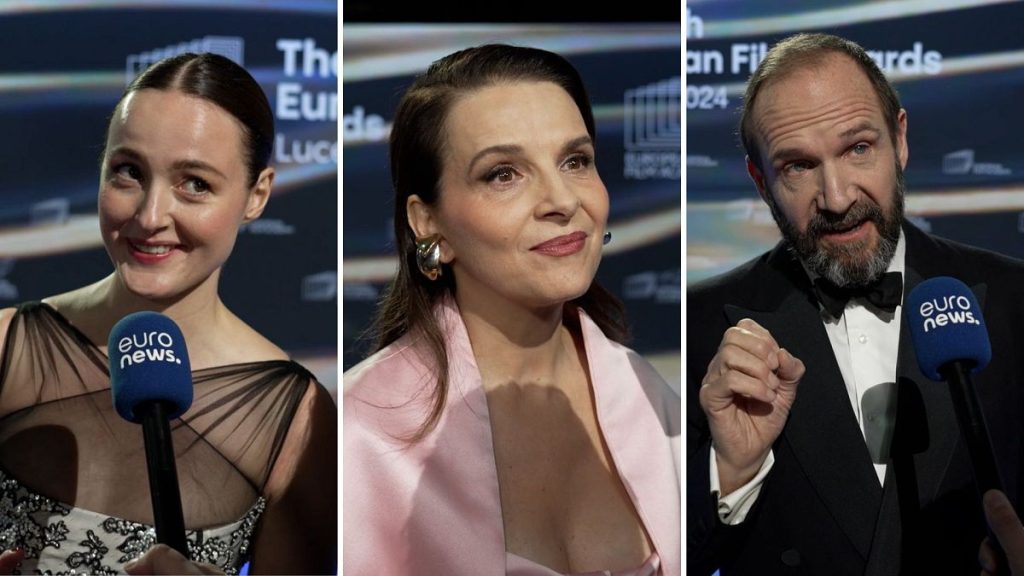European cinema, a mosaic of diverse storytelling traditions and artistic expressions, distinguishes itself on the global stage through its unique characteristics. It prioritizes character-driven narratives, often exploring complex themes of identity, social issues, and historical memory with a nuanced and introspective lens. Unlike the predominantly plot-driven narratives of Hollywood, European films often focus on the internal struggles and psychological development of their characters, allowing for richer emotional resonance and a deeper exploration of the human condition. This emphasis on realism, combined with a willingness to tackle controversial subjects and challenge societal norms, fosters a distinct cinematic experience that captivates audiences seeking more than mere entertainment.
European cinema’s distinct identity is further reinforced by its embrace of artistic and stylistic experimentation. It fosters a culture of auteur filmmaking, where directors are given creative freedom to explore their individual visions and push the boundaries of cinematic language. This auteur approach often results in visually stunning and stylistically innovative films that prioritize atmosphere, mood, and thematic depth over conventional narrative structures. From the poetic realism of Italian neorealism to the surrealism of French New Wave cinema, European filmmakers have consistently pushed the boundaries of cinematic expression, shaping the evolution of film as an art form. This commitment to artistic integrity and experimentation is a defining characteristic of European cinema, setting it apart from commercially driven filmmaking traditions.
The rich tapestry of European cinema is woven from the diverse cultural and historical contexts of its constituent countries. Each nation brings its own unique perspective, language, and cinematic traditions to the table, contributing to the vibrant and multifaceted nature of European film. From the gritty social realism of British kitchen sink dramas to the whimsical charm of Spanish comedies, the diversity of European cinema allows for a vast range of stories and perspectives to be explored. This cross-cultural exchange of ideas and artistic styles not only enriches the European film landscape but also contributes to a broader understanding of human experiences across different cultures and contexts. The celebration of cultural diversity is a cornerstone of European cinema, fostering a sense of shared identity while acknowledging the unique contributions of each nation’s cinematic heritage.
European cinema’s commitment to realism and social commentary often translates into a deep engagement with contemporary issues and political realities. European films often serve as a platform for critical reflection on societal structures, political ideologies, and the challenges facing individuals and communities. They delve into complex themes such as immigration, social inequality, and the legacy of historical trauma, fostering dialogue and promoting a deeper understanding of the complexities of the human experience. This willingness to tackle difficult subjects and challenge the status quo distinguishes European cinema from more escapist forms of entertainment, offering audiences the opportunity to engage with critical social issues and reflect on the world around them.
The European film industry, while diverse and fragmented, thrives on a strong sense of collaboration and mutual support. Various initiatives and funding programs, such as the European Film Academy and Eurimages, foster co-productions between different countries, enabling filmmakers to pool their resources and expertise. This collaborative spirit not only facilitates the creation of high-quality films but also strengthens the bonds between European filmmakers and promotes a sense of shared purpose. The collaborative nature of European filmmaking serves as a testament to the power of cross-cultural exchange and the strength that comes from working together to achieve a common artistic goal.
In conclusion, European cinema stands out as a powerful and distinctive force in global cinema. Its commitment to character-driven narratives, artistic experimentation, cultural diversity, social commentary, and collaborative filmmaking practices sets it apart from mainstream cinematic traditions. By prioritizing artistic integrity and engaging with complex themes, European films offer audiences a richer and more rewarding cinematic experience, one that encourages reflection, empathy, and a deeper understanding of the human condition. The enduring legacy of European cinema lies in its ability to challenge conventions, provoke thought, and celebrate the diversity of human experiences through the power of storytelling.














